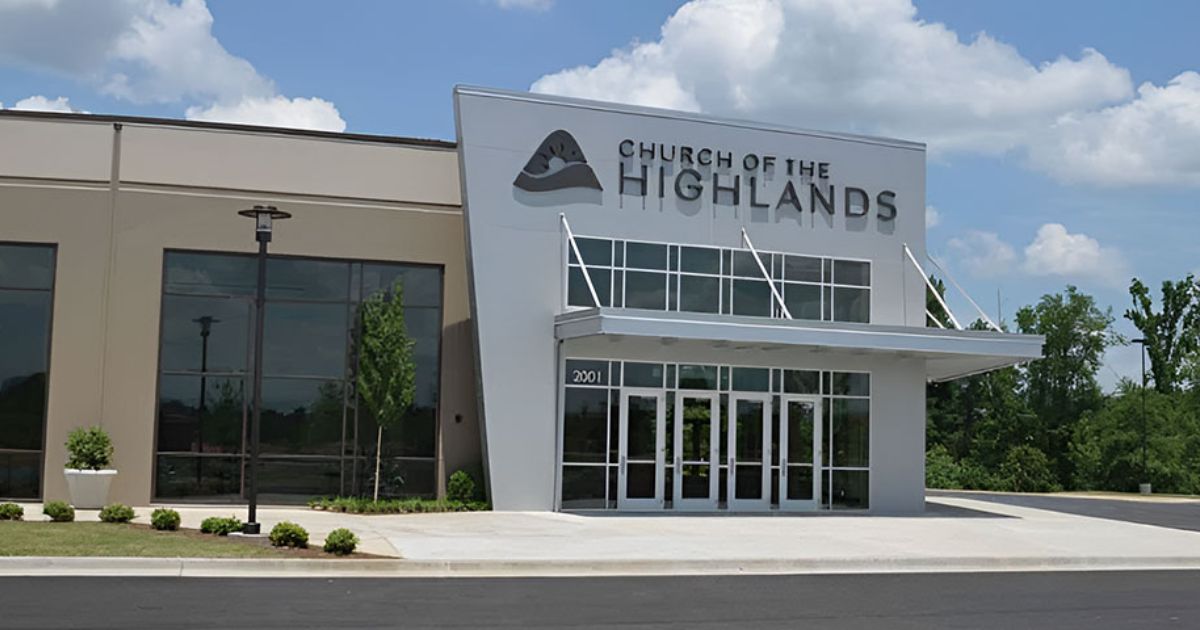
Introduction
In the realm of faith-based organizations, transparency, integrity, and authenticity are paramount. Congregants place their trust in their spiritual leaders and the institutions they represent. However, amidst the multitude of religious establishments, questions regarding practices, beliefs, and leadership often arise. In this comprehensive exposé, we delve into the intricacies of the Church of the Highlands, aiming to shed light on its doctrines, operations, and controversies.
Origins and Foundational Principles
Founded in 2001 by Pastor Chris Hodges, the Church of the Highlands emerged as a beacon of hope in Birmingham, Alabama. With a mission to “reach people with the life-giving message of Jesus,” the church quickly gained momentum, expanding its reach across multiple campuses and online platforms. At its core, the Church of the Highlands espouses the teachings of evangelical Christianity, emphasizing the importance of salvation, discipleship, and community outreach.
Doctrinal Examination
Central to any religious institution are its beliefs and doctrines. The Church of the Highlands adheres to fundamental Christian tenets, including the belief in the Trinity, the divinity of Jesus Christ, and the authority of the Bible. Its statement of faith reflects traditional evangelical theology, affirming the sanctity of human life, the necessity of repentance, and the promise of eternal life through faith in Christ.
Community Engagement and Outreach
Beyond its doctrinal framework, the Church of the Highlands distinguishes itself through its unwavering commitment to community engagement and outreach. Through various initiatives such as small groups, volunteer programs, and humanitarian projects, the church actively seeks to impact lives beyond the confines of its congregational walls. From feeding the hungry to providing shelter for the homeless, the Church of the Highlands embodies the spirit of compassion and service.
Leadership and Governance
The leadership structure of the Church of the Highlands reflects a blend of pastoral authority and congregational involvement. Under the guidance of Pastor Chris Hodges, the church operates with a team of pastors and ministry leaders who oversee its day-to-day operations. Additionally, the church upholds accountability and transparency through its governing board and financial stewardship practices, ensuring responsible management of resources and adherence to ethical standards.
Addressing Controversies and Criticisms
Like any prominent institution, the Church of the Highlands has faced its share of controversies and criticisms. From allegations of financial impropriety to concerns regarding its stance on social issues, the church has navigated challenging terrain with grace and resilience. While no organization is immune to scrutiny, the Church of the Highlands remains committed to addressing concerns with humility, honesty, and a commitment to continuous improvement.
Conclusion
In conclusion, the Church of the Highlands stands as a testament to the power of faith, community, and service. With a steadfast dedication to spreading the message of hope and redemption, the church continues to impact lives and transform communities for the better. As we navigate the complexities of faith and spirituality, may we find inspiration in the unwavering commitment of institutions like the Church of the Highlands to make a difference in the world.


